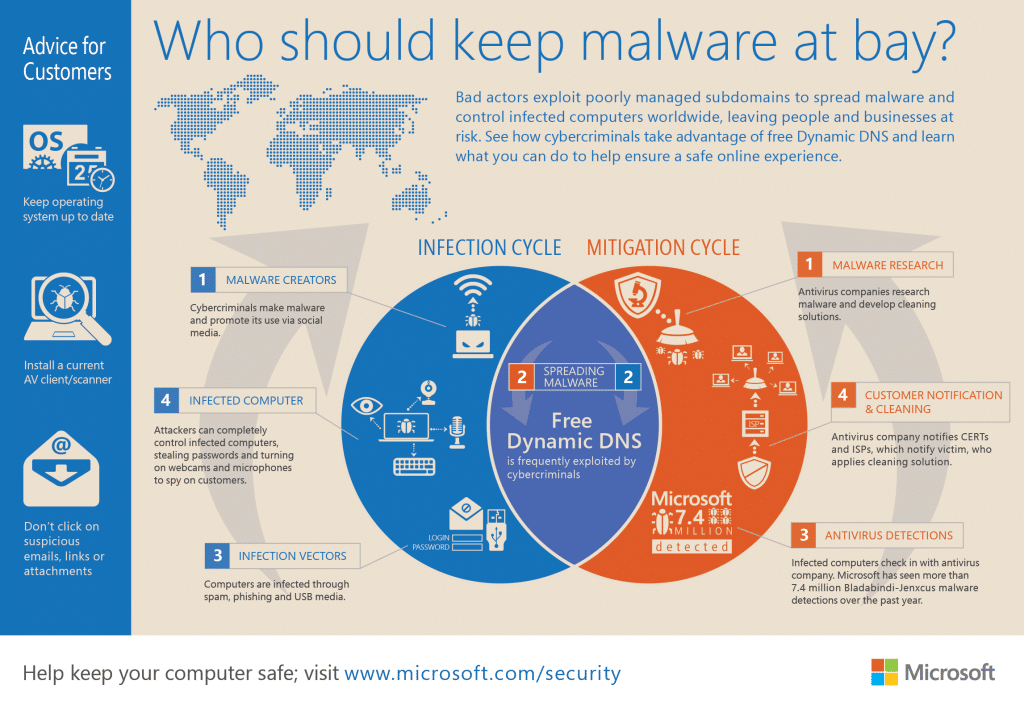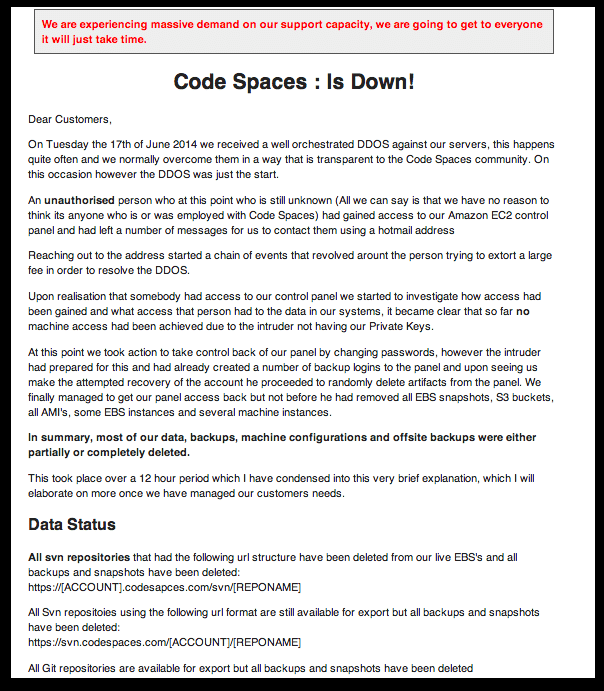In a newly released report, Europol’s European Cybercrime Center (EC3) warns that the growth of the Internet of Things (IoT) threatens to strengthen the hand of organized cyber criminal groups and make life much more difficult for police and governments that wish to pursue them. EC3’s latest Internet Organized Crime Threat Assessment (iOCTA) says the “Internet of Everything” will greatly complicate the work of law enforcement creating “new opportunities for everything from cyber criminals to state actors to child abusers. The growing numbers of connected devices will greatly expand the “attack surface” available for cyber criminal activity, the EC3 warns. Cyber criminals may co-opt connected devices for use in common criminal activity (like denial of service attacks and spam campaigns). However, advancements like connected (“smart”) vehicles and infrastructure create openings for large scale and disruptive attacks. The report, which was published late last months, is a high level position paper and pulls data mostly […]
Cloud hosting
New England IoT: A Conversation Next Week On Cloud, Security and Internet of Things
One of the challenges of talking about security in the context of Internet of Things is that the Internet of Things (IoT) isn’t a discrete technology, but an umbrella phrase that encompasses a lot of separate innovations: mobility, inexpensive sensors, wireless connectivity, Big Data and so on. One of the biggest moving parts in the IoT puzzle is cloud computing. Cloud infrastructure – whether its Amazon’s Elastic Compute Cloud (EC2) or Google or any of the thousands (millions?) of private cloud – is the back end for almost every IoT product. That presents both opportunities and real challenge for companies that are looking to leverage IoT in their workplace. Next week, I’m going to moderate a panel at an event here in Boston where we’ll tackle some of these issues head-on. The event: The Connected Cloud Summit is taking place in Boston on Thursday, September 18 at The State Room in downtown Boston. […]
Microsoft Uses Courts To Take Down Malicious, Managed DNS Services
Microsoft Corp. has taken action against yet another cyber crime network, taking control of- and shutting down a managed DNS (domain name system) operated by the firm No-IP that were being abused by cyber criminals, the company said on Monday. The domains were associated with malware families named Jenxcus and Bladabindi that are believed to have infected on some 7.5 million systems, globally. The malicious programs – which are used to spy on the operators of infected systems – use Dynamic DNS services like NO-IP to communicate with command and control systems used to manage infected systems. Dynamic DNS makes the malicious systems more difficult to trace. In a post on Microsoft’s Digital Crimes Unit blog, Richard Domingues Boscovich, the company’s Assistant General Counsel said that the company had filed a civil case on June 19 naming two foreign nationals: Mohamed Benabdellah and Naser Al Mutairi along with a U.S. company, Vitalwerks Internet Solutions, LLC (doing […]
Code Spaces Probably A ‘Target of Opportunity’
The spectacular collapse this week of Code Spaces, a cloud-based code repository, may have been the result of a an unspectacular “opportunistic” hack, rather than a targeted operation, according to one cloud security expert. The sudden demise of the online application repository has sent shock waves through the tech industry, laying bare what some say are lax practices among many cloud-based application and infrastructure providers. But the attack itself was almost certainly the result of a larger, indiscriminate cyber criminal campaign, said Jeff Schilling, the Chief Security Officer of Firehost, a Texas-based secure cloud provider. “This is something we pretty frequently: companies get held ransom with a DDoS attack, and if that doesn’t work, (the attackers) will resort to doing other things,” Schilling told The Security Ledger. But Code Spaces almost certainly wasn’t the only company the extortionists worked on, Schilling said. Instead, the company was likely caught up in a wide net […]




